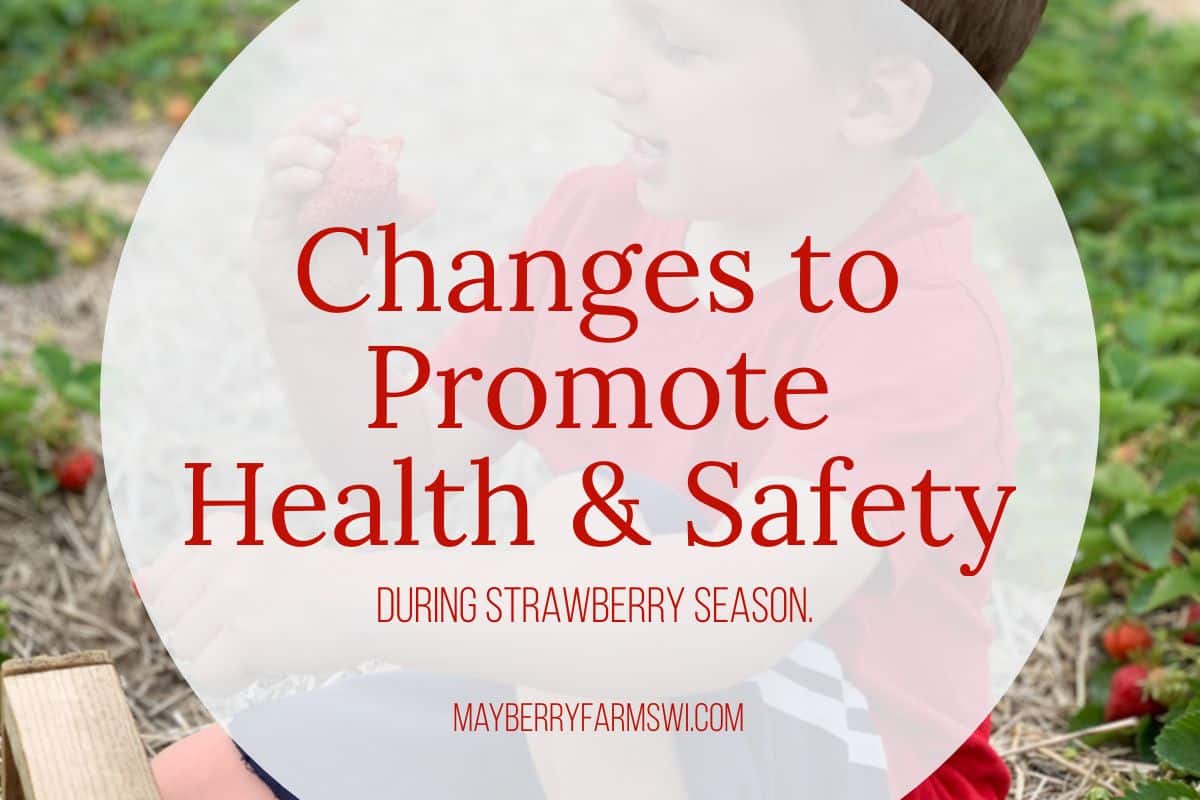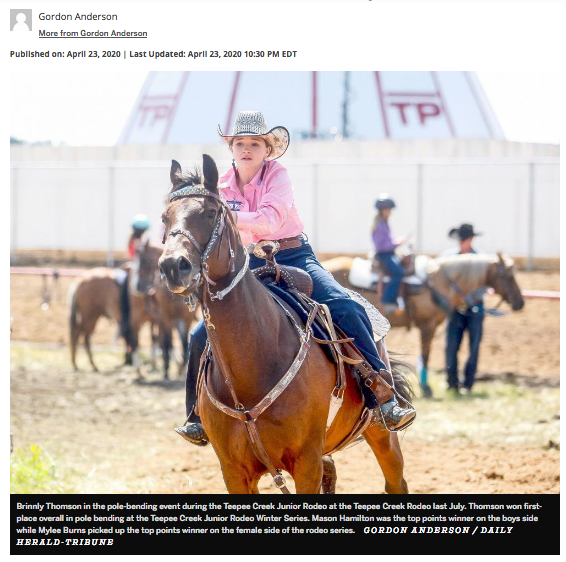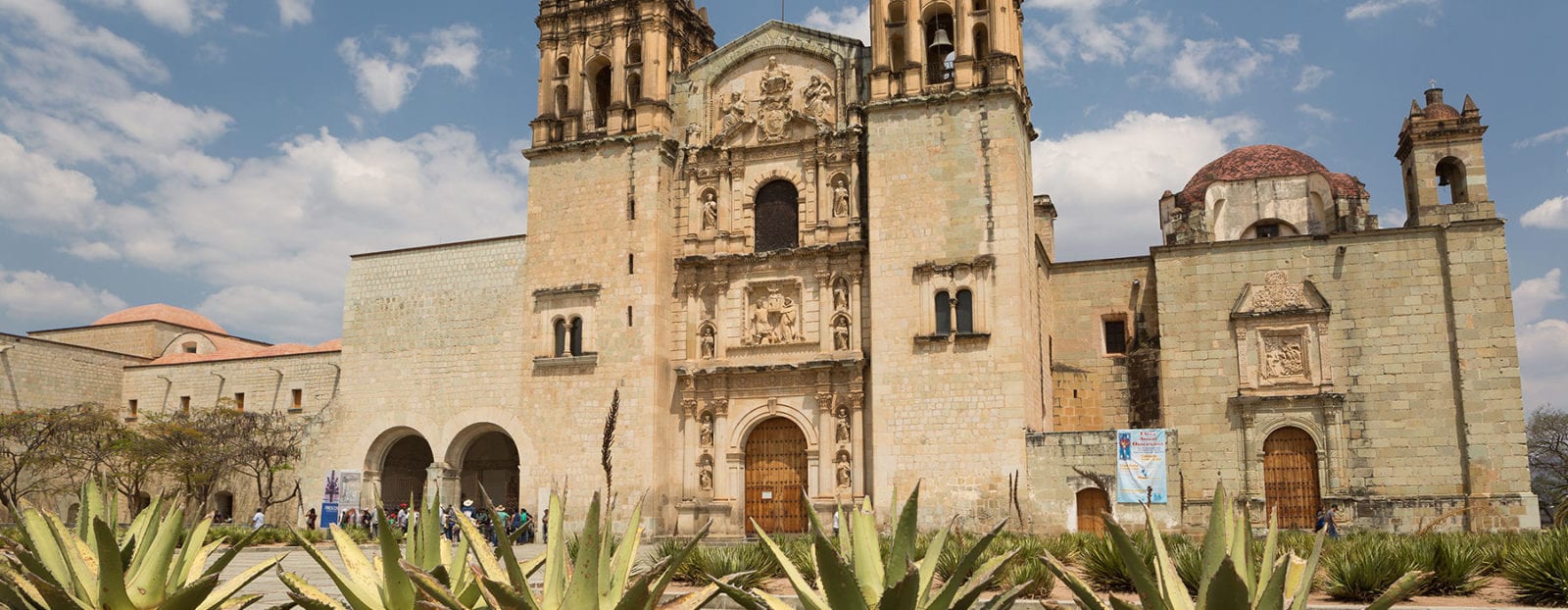 John LaRose Jr.
John LaRose Jr.
Topics: Livestock/Meat, Equine/Horse, Coronavirus/COVID,
-
(0)
-
Bookmark
- Comments (0)
 John LaRose Jr.
John LaRose Jr.
Topics: Livestock/Meat, Equine/Horse, Economics, Coronavirus/COVID,
-
(0)
-
Bookmark
- Comments (0)
 John LaRose Jr.
John LaRose Jr.
Topics: Livestock/Meat, Equine/Horse, Young Farmers,
-
(0)
-
Bookmark
- Comments (0)
-
(0)
-
Bookmark
- Comments (0)
 Nancy Kavazanjian
Nancy Kavazanjian
-
(1)
-
Bookmark
- Comments (0)
 Nancy Kavazanjian
Nancy Kavazanjian
Topics: Fruit,
Wisconsin strawberry farm preparing to open in June

-
(2)
-
Bookmark
- Comments (0)
 Nancy Kavazanjian
Nancy Kavazanjian
Topics: Soybeans, Agriculture Global, Ag South America,
-
(1)
-
Bookmark
- Comments (0)
-
(0)
-
Bookmark
- Comments (0)
 John LaRose Jr.
John LaRose Jr.
Topics: Fermentation/Vineyard/Wine, Grapes, Ag India,
-
(0)
-
Bookmark
- Comments (0)
 John LaRose Jr.
John LaRose Jr.
Topics: Fermentation/Vineyard/Wine, Grapes, Ag Australia/NZ, Ag Podcast Global,
-
(1)
-
Bookmark
- Comments (0)
Where agriculture and technology come together. Learn to provide compelling solutions for today’s agricultural challenges. Agribusiness at Greenville University






